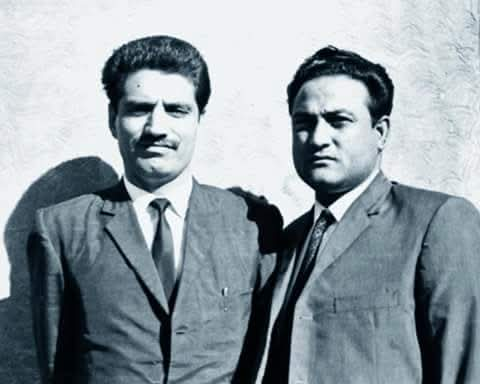
Nicholas Pooran shocked the cricketing world by announcing his retirement from all formats of international cricket at the age of 29.

By Mohammad Wasi Shah.
In a striking shift from tradition, international cricketers are increasingly stepping away from the game at remarkably young ages. What was once a sport of long, enduring careers is now witnessing stars calling it quits well before reaching their 30s—a trend that has alarmed fans, coaches, and cricket boards alike.
Just this week, West Indies’ Nicholas Pooran shocked the cricketing world by announcing his retirement from all formats of international cricket at the age of 29. While Pooran will continue to play his trade in lucrative T20 leagues around the globe, his departure from the international arena has intensified debates over the future of the sport.
West Indies head coach Darren Sammy didn’t mince words. “More will follow. It’s out of our control,” he said, hinting at a broader exodus looming over international cricket.

Pooran is far from alone. Australian prodigy Will Pucovski bid farewell to the game in April this year at just 24, following a series of concussions that derailed a promising career. Sri Lanka’s Bhanuka Rajapaksa exited the international stage at 30 to focus on family. Heinrich Klassen and Glenn Maxwell are also among those who retired at an early age.
Another prominent name that comes to mind is AB deviliers who also retired from international cricket when he was at the peak of his powers.
The New Cricket Economy:
Experts point to the financial security and scheduling flexibility of franchise cricket as major drivers of this trend. T20 leagues like the IPL, PSL, BBL, and now the ILT20 offer players greater earnings with fewer physical and mental demands compared to the grueling international calendar.
The pressure of the modern game, coupled with increased fatigue, travel stress, and the constant scrutiny of social media, has also contributed to early burnout.
Beyond Indo Pak : Pakistan Breaks Big Defense Taboos
A Cultural Shift:
Beyond economics and fatigue, some players have walked away due to deeply personal choices. Zimbabwe’s Tatenda Taibu retired at 29 to pursue religious work. England’s James Taylor was forced out by a heart condition at 26. These cases highlight a generational change where athletes are increasingly prioritizing health, family, and long-term life goals over traditional markers of cricketing success.
What Lies Ahead?:
The implications are far-reaching. Cricket boards may now need to reconsider player workloads, revamp central contracts, and create incentives to keep talent in the national setup. As the lines blur between club and country, the custodians of the game face an urgent need to strike a sustainable balance.
Is this merely evolution, or a crisis in the making? One thing is certain: the era of the 100-Test career may soon become a rarity, replaced by brief, high-impact stints driven more by market forces than legacy.







